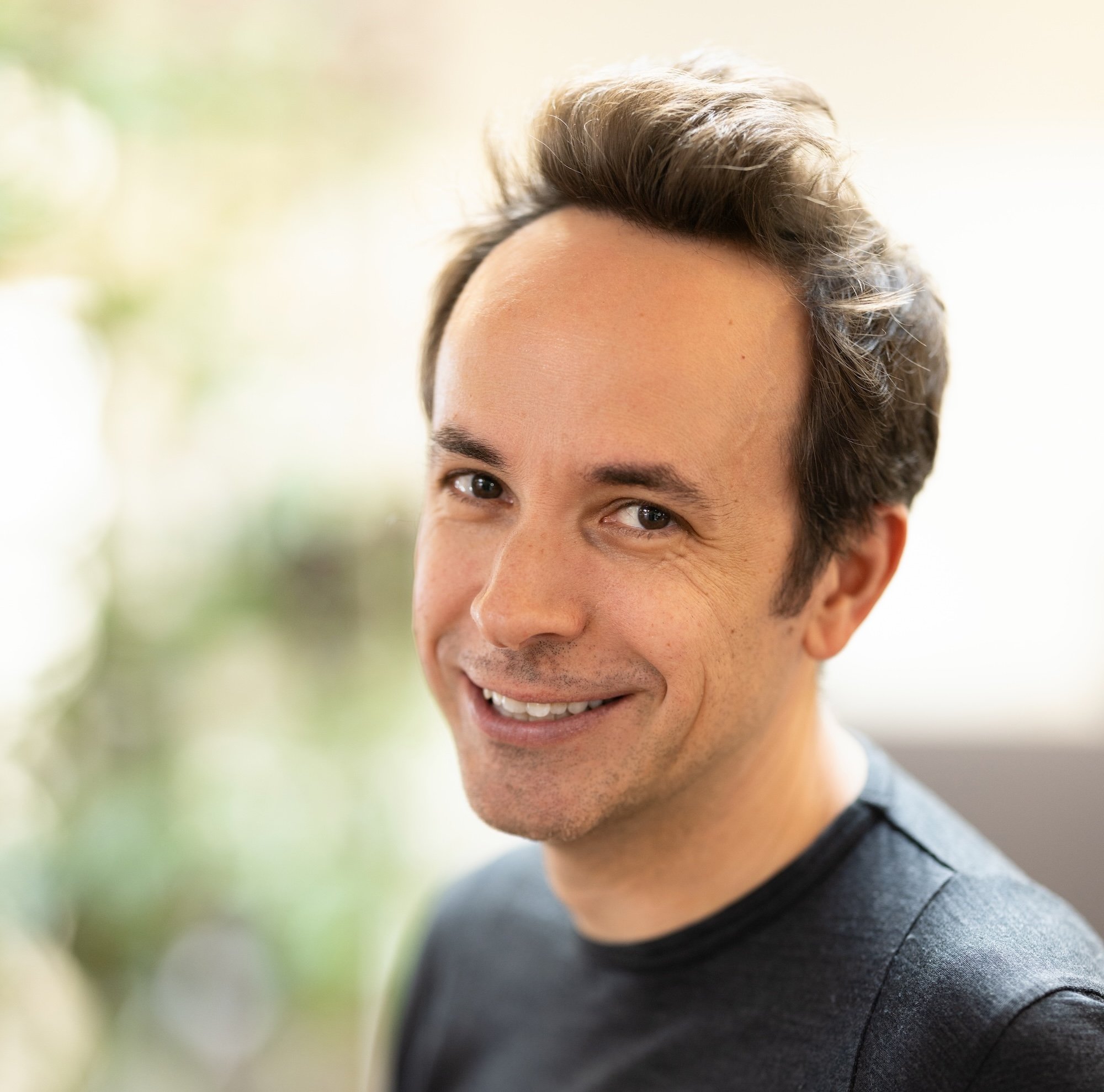Zillow Offers' most important metric
/Later today, Zillow will announce its fourth quarter and full year 2018 results. Its activity as an iBuyer continues, and it recently overtook Offerpad to become the second-largest iBuyer in Phoenix. But my attention is focused on one key metric: Zillow's ability to quickly sell houses.
Why it matters: Zillow's goal is to hold houses for an average of 90 days. Any successful iBuyer needs to hold houses for as little time as possible, otherwise unsold inventory builds up, finance costs rise, and the whole model starts to blow up.
Overall activity grows; #2 in Phoenix
Zillow's overall iBuyer activity continues to grow, both nationally and in Phoenix (its biggest market). Based on the total number of homes purchased and sold, Zillow overtook Offerpad to claim the #2 spot in Phoenix for the month of January. Zillow is -- for the moment -- the second-largest iBuyer in the important Phoenix market.
Buying more than it's selling
While Zillow's overall activity continues to rise, its purchases are quickly outpacing sales. This is to be expected in the early months of a new market, but it's now eight months since launch. This is creating a growing inventory of unsold homes: around 350 in Phoenix as of February 12th.
It's natural for iBuyers to buy more houses than they sell when entering a new market. But over time, this Buy:Sell ratio is a critical metric for any iBuyer. Houses must be sold for the business to work!
Expensive homes, longer hold time
There are early signs that Zillow may be having difficulty selling houses. For iBuyers, time is money. The faster they can turn around and sell a house, the better.
The magic number for total holding time is around three months; Opendoor and Offerpad hold for between 80-100 days. Zillow currently has around 350 unsold houses in its inventory in Phoenix. Of those, it appears that around 110 homes have been owned for more than three months.
Part of the reason Zillow appears to have longer holding times may be the price of the homes it is purchasing. On average, it is buying more expensive homes than the other iBuyers in Phoenix.
Nationally, Zillow has purchased over 700 homes with an unsold inventory of over 500 homes.
The more expensive the home, the higher proportion of unsold inventory. It takes longer to sell more expensive homes, and it looks like Zillow is more than dabbling in the expensive end of the market.
Strategic implications
The key metric to watch is how well Zillow can sell its houses. Buying is relatively straight-forward; only once a house is sold is the entire business model complete.
To succeed as an iBuyer and appropriately manage its risk, Zillow needs to hold its houses for a minimum amount of time (on par with the other iBuyers), and avoid building up a large inventory of unsold homes.
It's still early days and Zillow has been quite aggressive in growing as fast as possible. But with its one year anniversary four months away, the pressure is on to demonstrate a consistent ability to buy -- and sell -- houses.
















